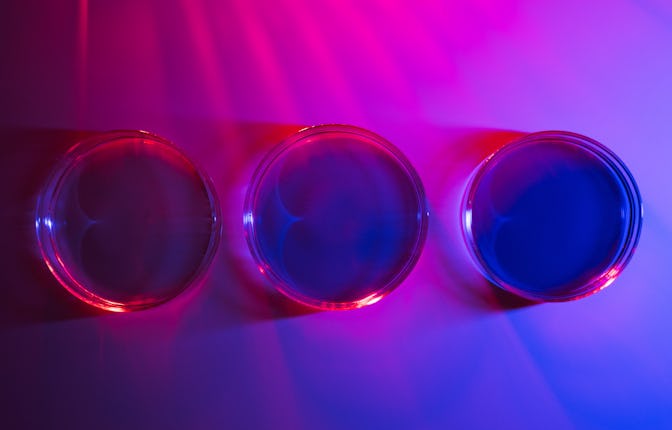Scientists Warn Of the Dangers Of Mirror Bacteria Research
Synthetic organisms could have an outsized impact on our world.

When you gaze into a mirror, you see a reflection that is both familiar and fundamentally altered. This concept resonates deeply in the microscopic universe, where scientists are now exploring the creation of synthetic organisms known as mirror bacteria. These organisms have a molecular structure that is essentially a reversed version of natural life forms, raising significant concerns among experts about their potential risks.
In a recent report spanning nearly 300 pages, an international consortium of Nobel laureates and leading scientists has issued a stark warning: the creation of these mirror bacteria could pose unprecedented threats to ecosystems, food supplies, and even human health. The implications are staggering and demand our attention.
The Science Behind Mirror Bacteria
At its core, the idea of mirror life hinges on chirality — the property that distinguishes left-handed molecules from their right-handed counterparts. In nature, most biological molecules are chiral; for example, amino acids (the building blocks of proteins) predominantly exist in one form. Scientists have theorized that by reversing these structures to create mirror versions (also known as enantiomers), they could develop entirely new forms of life.
However, this endeavor is not without its complications. The potential for these synthetic organisms to interact with existing biological systems raises alarming questions about compatibility and safety. If released into environments where they could proliferate uncontrollably, mirror bacteria might disrupt food chains or outcompete native species for resources.
Existential Risks Unveiled
The report from the scientific community outlines several existential risks associated with the development of mirror life. One major concern is ecological imbalance — if these synthetic organisms were to escape laboratory conditions, they might wreak havoc on local ecosystems by preying on or displacing natural species. This disruption could lead to cascading effects throughout food webs.
Additionally, there are fears regarding human health. Our immune systems are finely tuned to recognize and respond to natural biological structures. Introducing mirror bacteria could confuse this system or lead it to react in harmful ways — potentially resulting in autoimmune disorders or other unforeseen health crises.
Moreover, there’s also the issue of biosecurity: existing regulations may not adequately address the unique challenges posed by synthetic organisms like mirror bacteria. Current barriers designed to prevent pathogenic outbreaks may be ineffective against entities whose very nature defies our understanding.
A Call for Caution
Given these alarming possibilities, leading scientists have called for an immediate halt on research into creating these synthetic organisms until comprehensive safety measures can be established. They argue that we must prioritize understanding the implications before we delve deeper into uncharted territory.
The ethical considerations surrounding this research cannot be overlooked either; should humanity pursue knowledge at any cost? As we stand at this crossroads between innovation and caution, it’s essential for policymakers and researchers alike to engage in open dialogue about how best to navigate these treacherous waters without jeopardizing life as we know it.